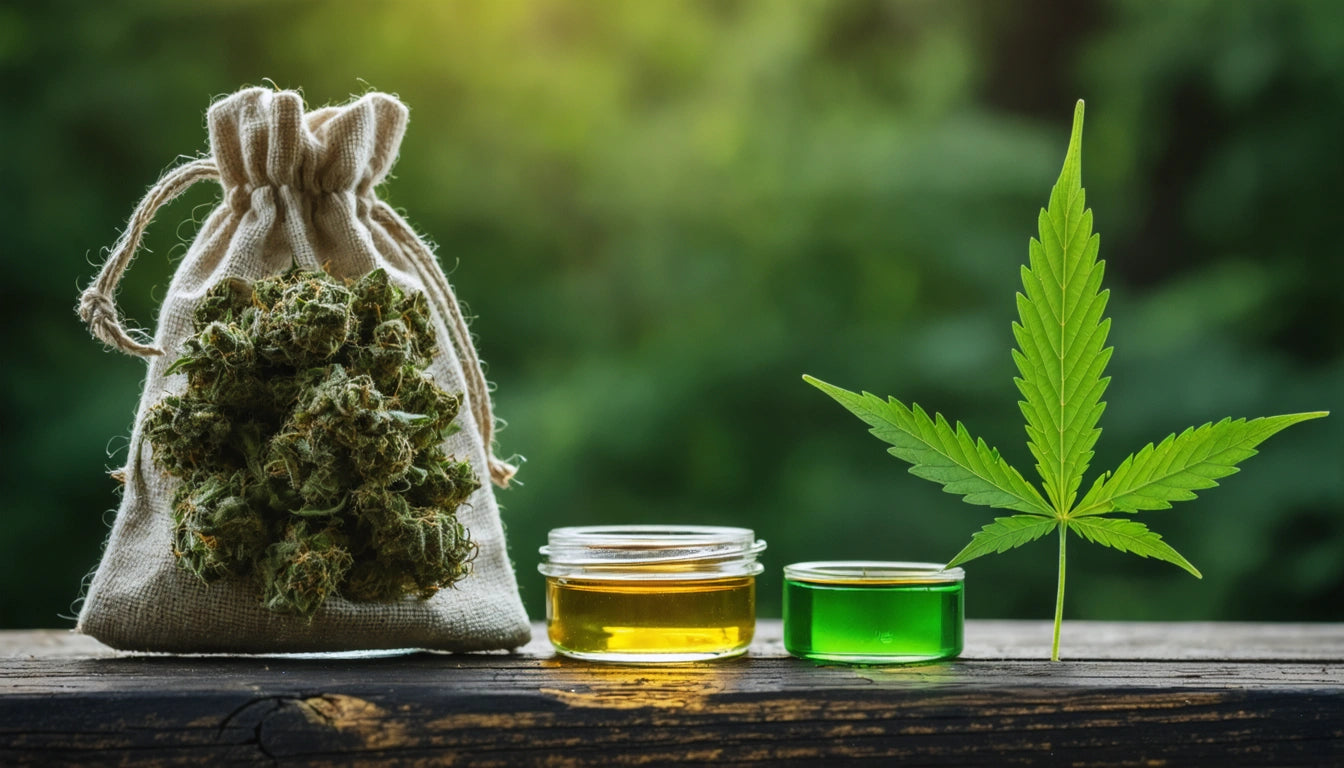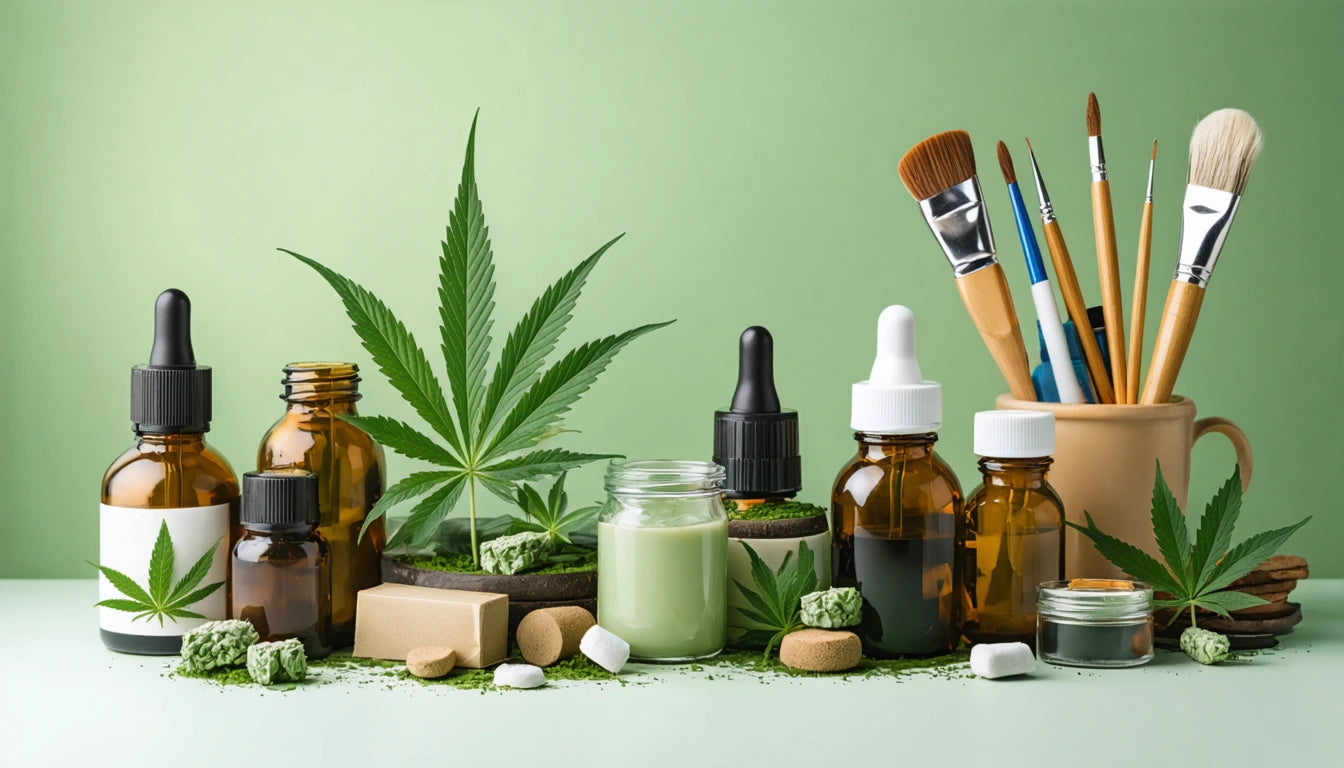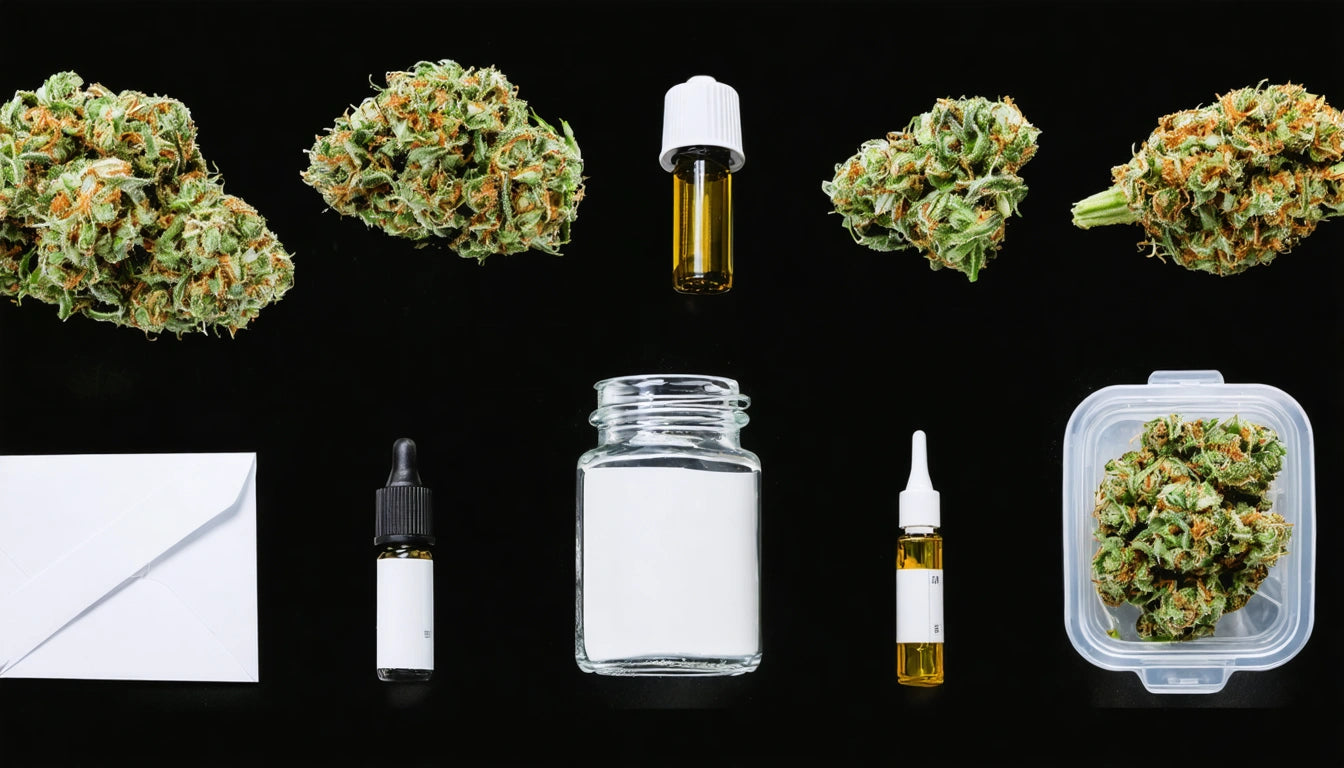Table of Contents
Cannabis edibles offer a smoke-free alternative for consuming THC and CBD, delivering longer-lasting effects through digestive processing. Understanding how edibles work, proper dosing techniques, and safety considerations can help consumers avoid negative experiences while maximizing therapeutic benefits.
Understanding Cannabis Edibles
Edibles encompass any food or beverage infused with cannabis compounds. Common forms include gummies, chocolates, baked goods, beverages, and tinctures. Unlike smoking or vaping, edibles process through the digestive system and liver, creating a different experience in both onset and duration.
The popularity of edibles continues to grow as consumers seek discreet, measured options. Many beginners find products like low-dose gummies or mints preferable to traditional consumption methods. For those interested in alternative consumption methods, pre-rolled options with precise dosing can provide a middle ground between smoking and edibles.
How Edibles Work in the Body
When cannabis is ingested orally, THC undergoes a transformation in the liver, converting to 11-hydroxy-THC. This metabolite crosses the blood-brain barrier more effectively than standard THC, explaining why edibles feel stronger than smoking or vaping. The result is typically a more intense, body-centered high that can last significantly longer.
Factors Affecting Edible Experiences
- Metabolism and body weight
- Food in stomach (empty vs. full)
- Tolerance levels
- Product potency and consistency
- Individual biochemistry
These variables create unique experiences for each consumer, making standardized dosing recommendations challenging but essential.
Smart Dosing Strategies
For newcomers to cannabis edibles, starting with a minimal dose is crucial. Safe beginner doses typically range from 2-5mg of THC, allowing users to assess sensitivity before increasing consumption.
Experienced consumers should still approach new products cautiously, as potency and effects can vary significantly between brands and formulations. Many users find that cutting edibles into smaller pieces helps achieve more precise dosing, though this technique works best with homogeneous products like chocolates rather than infused baked goods.
Timing and Duration of Effects
One of the most common mistakes with edibles is consuming more before the initial dose takes effect. Edibles typically require 30-90 minutes to begin working, with peak effects occurring around 2-3 hours after consumption.
The total duration of edible effects generally ranges from 4-8 hours, though some users report feeling effects for up to 12 hours, particularly with higher doses. This extended timeline makes planning consumption important, especially for those with responsibilities or who need to drive later in the day.
Safety Considerations
While cannabis edibles have a strong safety profile compared to many substances, they still carry risks that consumers should understand.
Overconsumption Management
If you consume too much THC, several strategies can help manage discomfort:
- Stay hydrated with water
- Consume black pepper or lemon (terpenes may help counteract THC)
- Use CBD if available (may moderate THC effects)
- Find a calm, comfortable environment
- Remember that effects will eventually subside
Interactions with Other Substances
Combining edibles with alcohol or medications can intensify effects unpredictably and potentially cause adverse reactions. Alcohol can increase THC absorption, while certain medications may interact with cannabis compounds. Consulting healthcare providers about potential interactions is recommended, particularly for those on prescription medications.
Product Quality and Verification
Ensuring product quality through lab testing is essential for safety. Consumers should verify proper dosing through packaging information and lab results when available. Legal market products undergo testing for potency and contaminants, providing greater consistency and safety than unregulated alternatives.
Best Practices for Responsible Consumption
Developing a personalized approach to edibles consumption helps maximize benefits while minimizing risks. Start with products specifically designed for beginners, such as low-dose mints or gummies that provide consistent, measured experiences. Microdosed products allow for gradual titration and effect management.
Understanding product shelf life is also important. While cannabis compounds maintain potency for extended periods, edible base ingredients can deteriorate. Proper storage in cool, dark places helps maintain quality and potency over time.
Finally, keeping a consumption journal helps track personal responses to different products, doses, and consumption contexts. This practice builds awareness of individual tolerance patterns and helps refine dosing strategies for optimal experiences.











Leave a comment
All comments are moderated before being published.
This site is protected by hCaptcha and the hCaptcha Privacy Policy and Terms of Service apply.